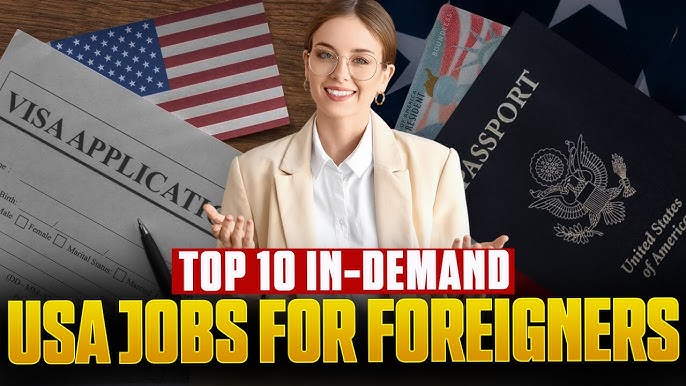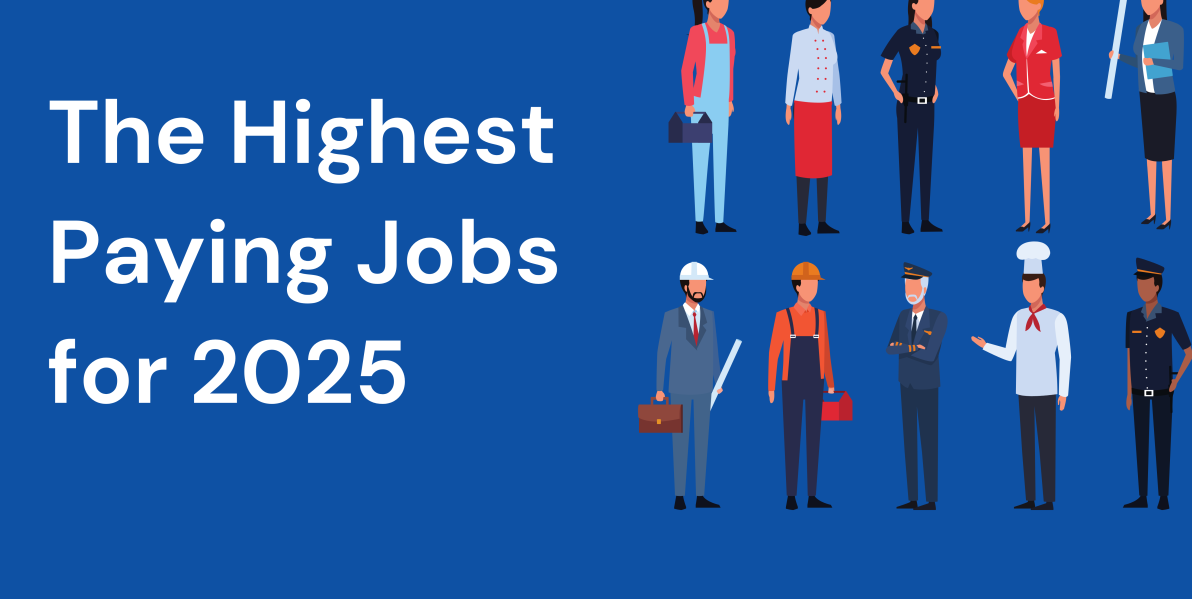10 Work Visas for the USA: Complete Guide 2025

Working in the USA is a dream for many professionals worldwide. The U.S. legal system offers multiple work visa options depending on qualifications, industry, and job type. This guide explores the top 10 work visas available in 2024 and how to apply for them.
1. H-1B Visa (Specialized Workers)
The H-1B visa is for individuals with specialized knowledge in fields like technology, finance, engineering, architecture, law, and medicine.
Requirements:
- A job offer from a U.S. company for a specialized position.
- A college degree or equivalent work experience.
- Proof that there are not enough qualified U.S. workers for the role.
Each year, there are 65,000 H-1B visas available, with an additional 20,000 reserved for applicants holding a master’s degree or higher. Due to high demand, applicants are selected through a lottery system. However, exemptions exist for applicants sponsored by higher education institutions, nonprofit organizations, or government research institutions.
The H-1B visa is valid for three years, renewable up to six years. It allows dual intent, meaning holders can apply for a green card. Spouses and children under 21 can accompany the visa holder with an H-4 visa.
2. TN Visa (For Mexican & Canadian Professionals)
The TN visa is available to Mexican and Canadian professionals in fields such as law, engineering, medicine, and education. This visa has no annual cap and can be renewed indefinitely, making it an attractive option.
3. H-2B Visa (Seasonal Non-Agricultural Workers)
The H-2B visa is for temporary or seasonal work in industries like landscaping, construction, hospitality, and restaurants. No academic qualifications are required.
Requirements:
- A U.S. employer must prove there are not enough American workers available.
- The job must be seasonal or temporary.
Each fiscal year, 66,000 H-2B visas are issued (split into two halves). Demand often exceeds supply, so applicants may go through a lottery. The visa is initially granted for one year, extendable up to three years.
4. J-1 Visa (Exchange Visitor Program)
The J-1 visa covers cultural and professional exchange programs, including research, education, and internships.
Common Uses:
- Professors, researchers, teachers, and students.
- Au pairs and cultural exchange workers.
- Specialists in various fields.
Unlike other visas, J-1 visas are sponsored by approved exchange organizations rather than direct employer sponsorship. Duration varies depending on the program, and dependents can join under the J-2 visa.
5. O-1 Visa (Individuals with Extraordinary Ability)
The O-1 visa is for individuals with exceptional abilities in fields like arts, science, business, or athletics.
Requirements:
- Proof of outstanding achievements, such as media recognition, prestigious awards, or membership in elite organizations.
- A job offer or sponsorship from a U.S. employer or agent.
There is no annual cap, making it accessible year-round. Family members can join under the O-3 visa but cannot work.
6. H-2A Visa (Agricultural Workers)
This visa is specifically for temporary agricultural work. Employers must prove that hiring foreign workers will not negatively impact U.S. workers. The H-2A visa is granted for seasonal farm work, often lasting less than a year.
7. L-1 Visa (Intra-Company Transfers)
The L-1 visa is for executives, managers, or specialized employees transferring from a foreign office to a U.S. office of the same company.
Benefits:
- No lottery system or annual cap.
- Dual intent, allowing applicants to transition to a green card.
- Valid for one to seven years, depending on the role.
8. P Visa (Artists, Athletes, Entertainers)
This visa is for internationally recognized artists, athletes, and entertainment groups performing in the U.S. Applicants must prove significant achievements in their field.
9. R Visa (Religious Workers)
Religious workers affiliated with a recognized nonprofit religious organization can apply for an R visa to work in churches, mosques, temples, or other faith-based institutions.
10. I Visa (Journalists & Media Professionals)
The I visa is specifically for journalists, reporters, and media professionals working on assignments for foreign media outlets.
Conclusion
Choosing the right work visa depends on qualifications, job type, and industry. Understanding the requirements and application process can significantly improve the chances of obtaining a U.S. work visa in 2025.
For expert guidance, consult an immigration professional or employer sponsorship programs.




